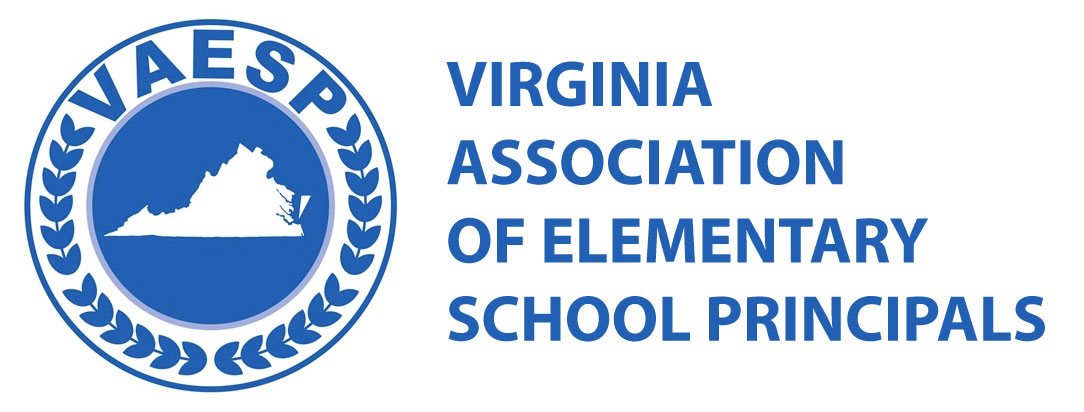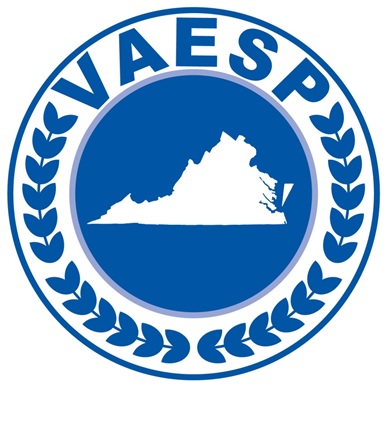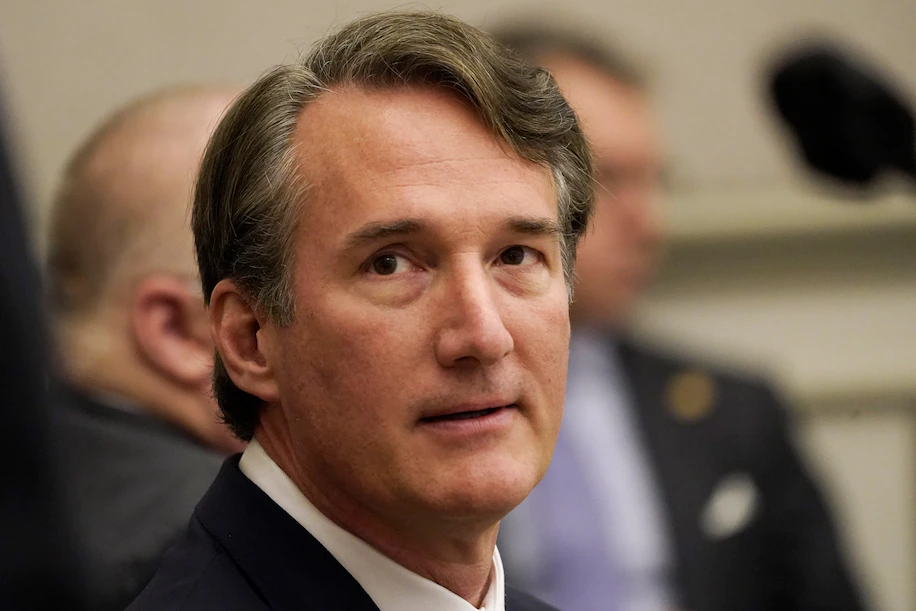February 3, 2022
Throughout the past year, Virginia’s students, teachers, and principals have been
caught in the middle of a politically driven culture war that has eroded trust in our
schools and exacerbated the growing teacher shortage.1 The tip line that
Governor Youngkin established for parents and citizens to report teachers,
principals, or instructional materials directly to the Governor’s office, based on a
subjective definition of “divisive,” has already proven to be divisive itself. The tip
line will impede parent-to-school collaboration and directly undermine the very
factors that educators know contribute to student success, including having highquality teachers in classrooms.
The signing organizations agree with Executive Order #1 language that states,
“We must equip our teachers to teach our students the entirety of our history –
both good and bad.” Existing state curriculum has been carefully vetted by the
community in a thoughtful and inclusive process. It already meets the Executive
Order’s definition of non-divisive. No existing Standard of Learning is intended to
teach children that one race is superior or inferior to another. Recognizing difficult
moments in our nation’s past is not, in itself, divisive. Restricting age-appropriate
and factually accurate discussion led by well-trained teachers is divisive.
Additionally, encouraging the community to report teachers, principals and other
school staff on a tip line is divisive, unnecessary, and can be used to interrupt
instruction and cause harm to educators. Appropriate processes are already
established in every Virginia school division to address controversial or
potentially inappropriate instructional practices.
We call on Governor Youngkin to immediately shut down the tip line and
rescind Executive Order #1.
Virginia’s public education system consistently ranks among the top public
education systems in the United States because of high academic standards,
personalized learning, and a safe and inclusive school climate which are central
to student academic success.2
Public education in Virginia recognizes that every child is different, learns
differently, and has unique learning needs. In classrooms across Virginia, you will
find teachers personalizing learning to meet the needs, abilities, and interests of
each student. Students are provided choices about how they learn within the
approved Standards of Learning curriculum. Parents and educators have a
shared goal of helping students learn how to think, not what to think. Across
academic disciplines, fine arts pathways, and career/technical programs,
students are encouraged to think critically, be creative, be strong communicators
and collaborators, and support their community. These skills, which are essential
to student success beyond high school, are central to the Profile of a Virginia
Graduate.
Student achievement tests, state-wide literacy assessments, growth measures in
reading and mathematics, and teachers’ formative assessments throughout the
school year provide multiple opportunities for students, parents, and teachers to
work together to identify areas for student academic growth.
Virginia’s School Quality Profiles provide parents and citizens with data on
student performance, teacher quality, school climate, school accreditation, and
other factors that impact student success. Parents and community members can
use these reports to directly monitor the quality of education in their schools and
seek improvements.
Online learning management systems (i.e., Schoology, Canvas, Blackboard, etc.)
are used in school divisions across Virginia to support student learning and
provide parents with the ability to see instructional materials used in the
classroom, submitted student work, and student academic progress.
Principals and school staff work directly with parents daily to address unique
concerns of individual students and families and provide accommodations to
create a welcoming, inclusive school climate for every student.
Parents have always had an active role in our schools and classrooms across
the Commonwealth. It is common to find parent volunteers in the classroom
working alongside teachers, running after-school extra/co-curricular programs,
and hosting opportunities for the school community to connect with school staff
over a community activity or meal.
Parents also serve on school-based strategic planning teams and school board
advisory committees and provide input on curriculum and policies that impact
students with disabilities, gifted programs, career and technical education,
student mental health, school safety, school nutrition, minority student
achievement, and library book selection, among others. Current protocols for
textbook adoption and the selection of library materials are already established
for parents to be engaged.
School board policies are available to the public and provide guidance for the
adoption of textbook and curriculum materials. Policies also exist for the review
of library materials and they specify the process to accommodate parental
challenges.
We call on the Governor and all policymakers to refocus on nurturing and
supporting the collaborative partnerships between parents and schools that have
always been a hallmark of student success in Virginia.
1 https://www.doe.virginia.gov/news/news_releases/2021/12-03-21-boe-annual-report.docx
2 Sources of rankings of public schools in Virginia include Forbes (https://bit.ly/3oe14lU), CNBC (https://cnb.cx/3rfglVx), US News and
World Report (https://bit.ly/3KRQevD), and Wallethub (https://bit.ly/3reTclV).
Virginia Association of Colleges and Teacher Educators (VACTE)
Virginia Association of Elementary School Principals (VAESP)
Virginia Association of School Superintendents (VASS)
Virginia Association for Supervision and Curriculum Development (VASCD)
Virginia Counselors Association (VCA)
Virginia Education Association (VEA)
Virginia Parent Teacher Association (Virginia PTA)
Virginia Professors and Educational Leadership (VPEL)



